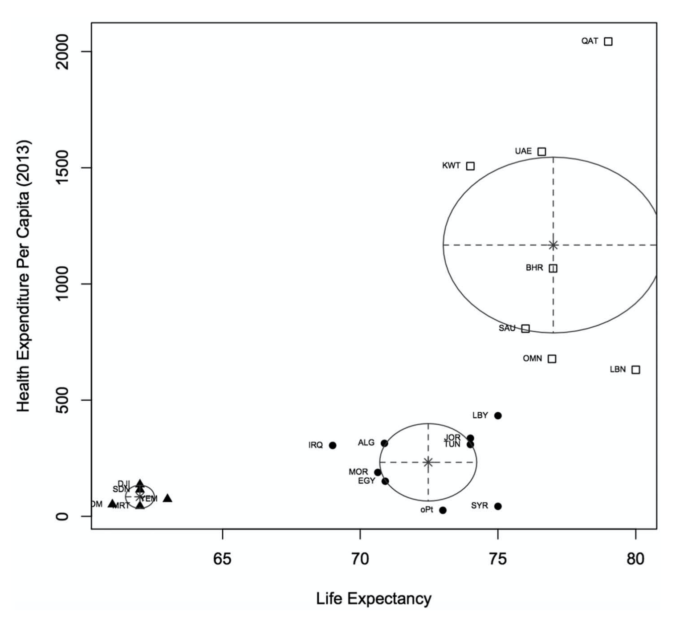Population aging is a phenomenon occurring across the globe including in countries traditionally exhibiting population dividends and “youth bulges.” The Gulf Corporation Council countries are no exception as they currently experience a process of population aging, albeit at a different stage from many developed countries. However, due to historically high fertility rates and fast-paced epidemiological transition, some of these countries will experience population aging at a higher pace than what has been observed in Europe and the United States. This article reviews recent developments in long-term care policies in the Gulf region with a focus on Oman as an example of a high-income Arab country that is experiencing population aging while still being governed by traditional family aged-care norms. Utilizing existing data and published research complemented by policy analysis and field visits, we analyze the process of population aging in Oman and neighboring countries and its policy implications.
REFERENCE:
Ismail, M. and Hussein, S. (2018) Long-Term Care Policies in the Gulf Region: A Case Study of Oman. Journal of Aging and Social Policy. Doi: 10.1080/08959420.2018.1485392




